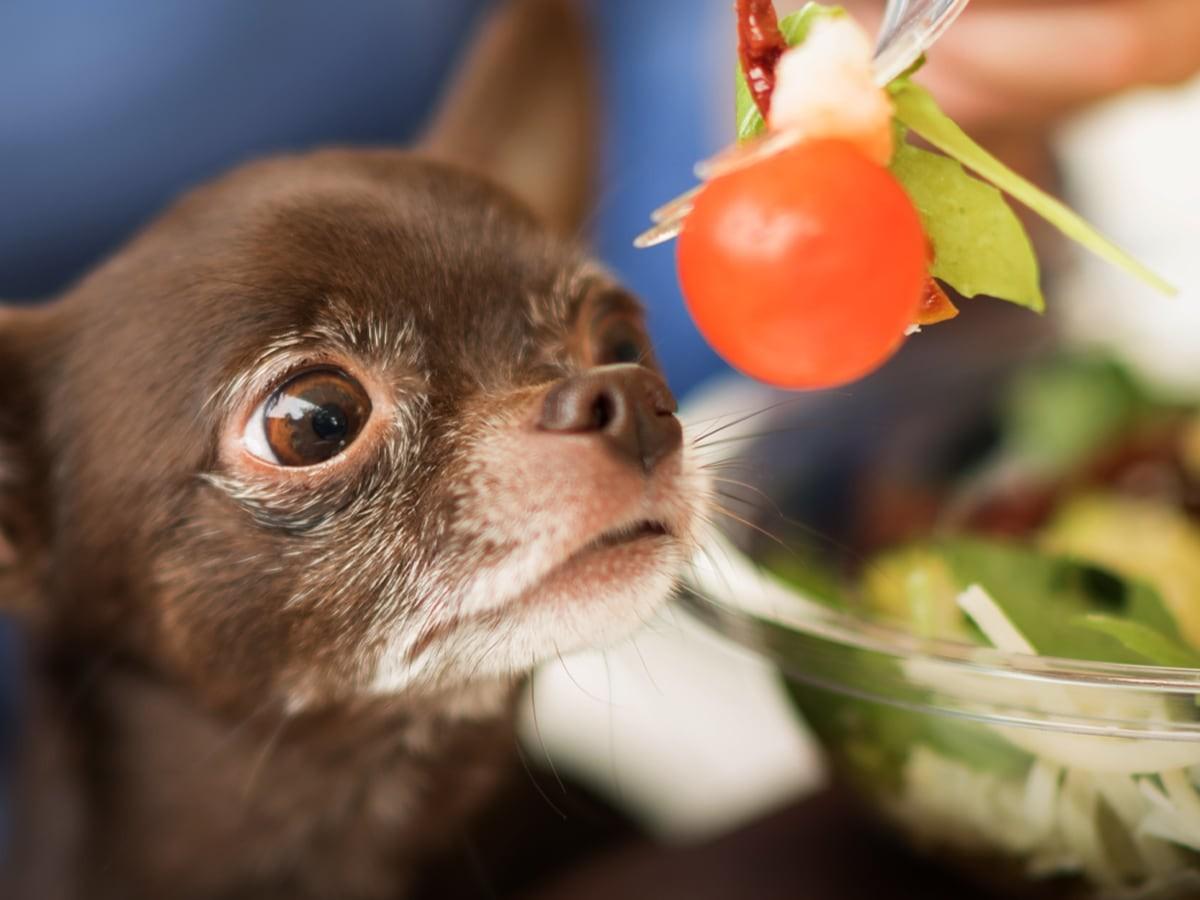Sharing our snacks with our beloved canine companions is a natural way to express affection. But before offering them a bite of your juicy tomato sandwich, it's crucial to ask:
Can dogs eat tomatoes? The answer isn't as simple as a yes or no. Understanding the potential risks and benefits, along with informed decision-making, is crucial for responsible pet ownership.
Navigating the Maze of Tomato Safety for Dogs:
While ripe, red tomatoes are generally considered non-toxic for dogs in moderation, caution is paramount. The presence of solanine and tomatine in green, unripe tomatoes, and parts of the tomato plant poses a significant threat to canine health. These compounds are toxic and can cause severe illness if ingested. Even ripe tomatoes, when consumed in excess, can lead to digestive upset in dogs.
Key Points to Remember for a Positive Experience:
Always offer only ripe, red tomatoes to your dog.
Meticulously remove stems, leaves, and any green parts before serving.
Introduce tomatoes in small amounts gradually, closely monitoring your dog's reaction for any signs of discomfort or an allergic reaction.
Consult your veterinarian before introducing any new food, especially if your dog has pre-existing health conditions.
Unlocking the Nutritional Value and Potential Risks of Tomatoes for Dogs:
While tomatoes might not be a staple in your dog's diet, they offer some potential benefits when consumed responsibly:
Low in calories and high in fiber: This combination can aid in weight management and digestive health for your dog.
Vitamin and antioxidant power: Tomatoes contain vitamins C, A, and K, along with the powerful antioxidant lycopene. These nutrients can support your dog's immune function and heart health.
However, it's essential to be aware of the potential risks:
Expert Insights From Spot
While it can be fun to share our favorite foods with our pets, pet parents should keep in mind that sometimes, eating human food can upset a pet's stomach. Internal data from Spot Pet Insurance shows that on average, claims for dietary indiscretions (pets eating too much of what they shouldn't) cost $572. This high cost highlights why pet parents should keep an eye on what their pets eat, and do their research before sharing their favorite snacks with their dogs. Being mindful of what treats we share with our pets can help keep them healthy while helping pet parents avoid unnecessary vet bills.
Spotting the Signs of Solanine/Tomatine Poisoning in Your Dog:
If your dog accidentally ingests green tomatoes or parts of a tomato plant, be vigilant for these signs and seek immediate veterinary attention:
Weakness and lethargy
Tremors and muscle weakness
Upset stomach, vomiting, and diarrhea
Seizures and abnormal behavior
Irregular heart rate and difficulty breathing
Lack of coordination and loss of balance
Exploring Alternatives to Tomatoes for Dogs:
If you're unsure about tomatoes or concerned about potential risks, don't worry! Several other delicious and safe options are available to offer your furry friend the vitamins and antioxidants they need:
Vegetables: Bell peppers, broccoli, carrots, and celery are excellent choices packed with vitamins and fiber.
Fruits: Blueberries, bananas (in moderation), and pumpkin offer a sweet and nutritious treat.
Other healthy snacks: Boiled sweet potato, cooked chicken breast, and plain yogurt (unsweetened) can be healthy and enjoyable alternatives.
Remember, Your Dog's Safety is Paramount:
While ripe tomatoes can be an occasional treat in moderation, prioritize your dog's well-being with informed choices. Always consult your veterinarian for personalized dietary guidance specific to your dog's breed, age, and health condition. They can offer expert advice on the best way to include safe and nutritious treats in your dog's diet.
